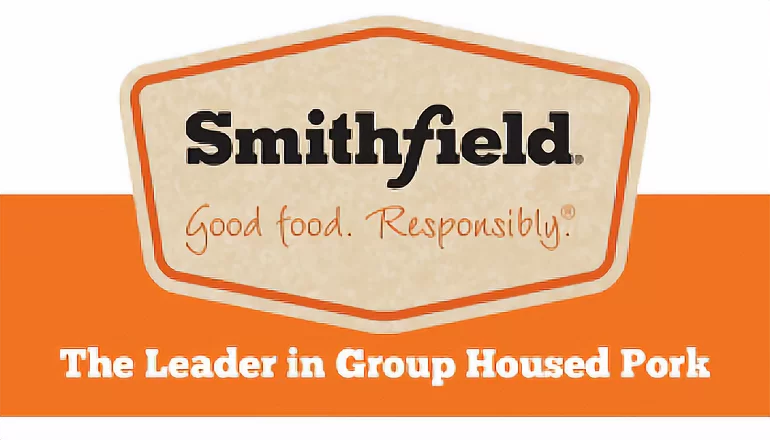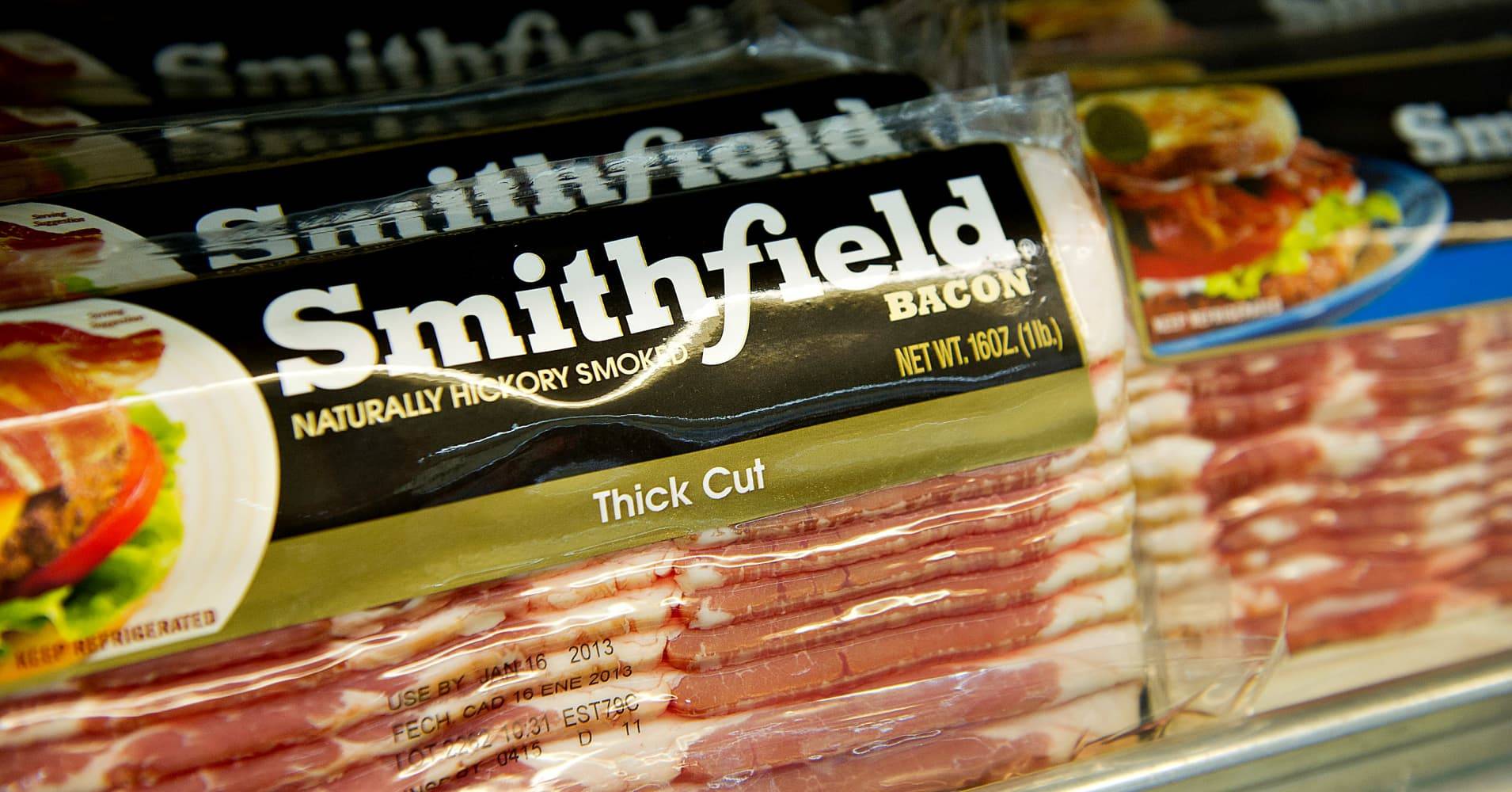Recent claims by House GOP members suggest Chinese influence within Smithfield Foods, the world’s largest pork producer. However, the company vehemently denies these allegations.
Background: California’s Anti-Cage Hog Farming Law
California’s Proposition 12, passed in 2018, aims to improve animal welfare standards by prohibiting the sale of pork from pigs confined in small enclosures. Smithfield, among others, seeks federal legislation to counteract such state regulations.
EATS Act and Intra-Party Disputes
A Senate bill, dubbed the EATS Act, proposes to exempt interstate commerce from California’s regulations. While supported by Smithfield, a companion bill in the House of Representatives faces opposition from Republicans alleging Chinese influence.
Smithfield’s Response
Smithfield denies claims of Chinese “infiltration,” asserting its independence from the Chinese government. The company emphasizes compliance efforts with Proposition 12 and its commitment to animal welfare.
Related: The Dominance of Smithfield Foods in the U.S. Pork Industry
Financial and Operational Independence
Despite WH Group’s ownership, Smithfield asserts its autonomy and emphasizes its substantial contributions to the American economy. The company maintains that it operates independently, without influence from the Chinese government.
Legislative Scrutiny and Past Controversies
Smithfield’s ties to China have drawn legislative scrutiny in the past, including hearings by the U.S. Senate Committee on Agriculture. Recent state laws, such as Virginia’s restrictions on foreign land ownership, have also raised concerns.
Conclusion
As allegations of Chinese influence swirl, Smithfield Foods remains steadfast in refuting claims of infiltration. With ongoing legislative debates and scrutiny, the company continues to assert its autonomy and commitment to its American operations.



